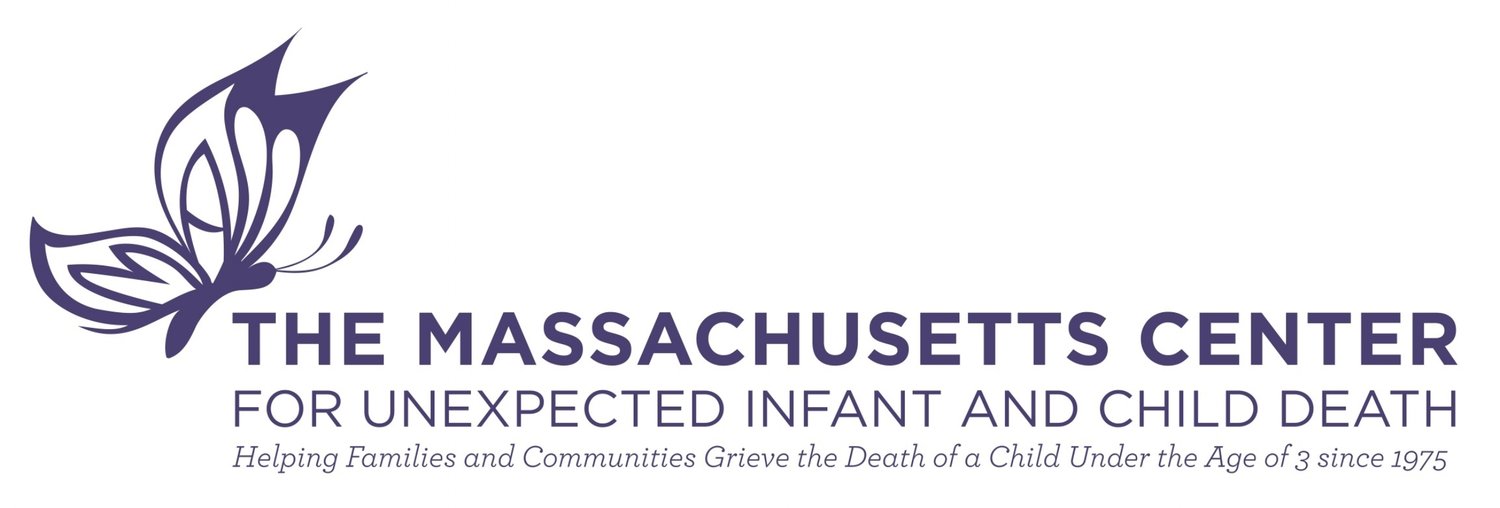As a partner who has lost a baby
As a partner who has lost a baby during pregnancy or shortly after birth, you are experiencing your own unique feelings and have your own special needs. No two people are alike. No two situations are alike. The feelings you are experiencing may range from concern for your partner, to minor sadness that the pregnancy has ended, to major grief and loss. There is no right" or "wrong" way to feel. Whatever you are feeling is “normal” for you and likely is based on many factors such as the baby's gestational age, how attached/bonded you were to the pregnancy, how vividly you envisioned your future with this baby.
Experience the grief
Some people have a tendency to suppress their feelings. You may even think your feelings are less important than your partner's. However, your feelings are important and need to be acknowledged and expressed.
Consider the following suggestions as you search for ways to work through your emotions.
- Give yourself permission to have your own feelings – whether they are sadness, anger, indifference, disappointment, powerlessness, or discomfort with the attention being given to your partner.
- Talk openly and honestly with your partner. Try to deal with the loss together and plan time alone together. Remember that your partner may be experiencing feelings that are different from yours. Respect his or her feelings, but don't deny your own.
- Talk to someone else about how you feel – a close friend, a relative, your clergy person, a counselor, or another person who has lost a baby.
- Express yourself in a way that is comfortable for you. It may be exercising, gardening, painting, or other creative outlets.
- Find ways to remember your baby that are meaningful to you.
- If you feel like crying, go ahead. Also, allow yourself to feel and express anger. These are normal feelings and are part of the grieving process.
- If you are angry for a long period of time, feel like things are out of control, or simply feel the need for further support, consider seeing a mental health professional.
- Keep searching until you find the ways to express your feelings that work best for you.
Self care
A common reaction of people who have suffered the loss of a baby is to keep so busy that there is no time to feel the pain. You may find it difficult to balance the need to care for your partner – who is recovering physically and emotionally – with the need to take care of yourself. Having other children at home can make achieving a balance even more challenging.
Ignoring your own needs will not make things better for anyone. Taking good care of yourself – emotionally and physically – is important right now. The following suggestions are offered to help you do so.
- Take a break from some of your activities such as volunteer work, community meetings, and other “extra” commitments. If you feel you need time away from work, ask your employer if you can take some time off.
- Do not try to make your feelings go away – especially by using you alcohol or drugs. Efforts to deny or suppress feelings do not make you feel better, and may create other problems.
- Eat well.
- Try to get plenty of rest.
- Exercise, especially if this has been a part of your normal routine. Try other stress-reducing activities as well.
- Tell your partner, relatives, and friends what you need from them whether it is an ear to listen, time by yourself, or help with chores. Identifying your own needs and helping others understand them can make things better for all of you.
- Tell co-workers, acquaintances, and others with whom you have regular contact what you need, such as help with projects or coverage for your volunteer commitments. People may feel awkward around you because they do not know what to say or do. They may even avoid you or avoid mentioning the baby. Talking about the subject yourself may help them become comfortable enough to be valuable sources of support.
- Accept help from relatives, neighbors, and friends if it will make your life easier. People who are close to you want to help, and can relieve some of the stresses of daily life. They may help by driving the kids to school, preparing meals, shopping, or helping with housework.
- Allow yourself time to heal and try to understand the feelings you are experiencing.
- Remember that you will work through your grief at your own pace and that your partner likely will work through hers at a different pace. Be patient with yourself and with your partner.
Losing a baby will change your life in some way. Although it may be difficult to believe, the pain will lessen with time, while the memories of your baby will always be with you.
Adapted from Beth Israel Deaconess Medical Center.
